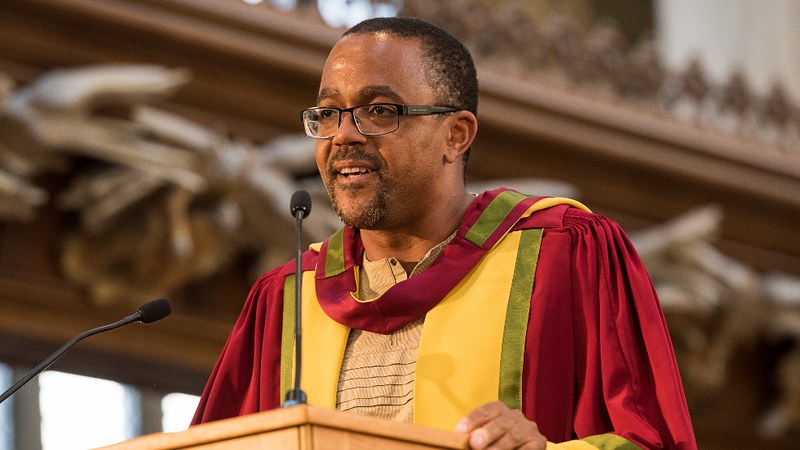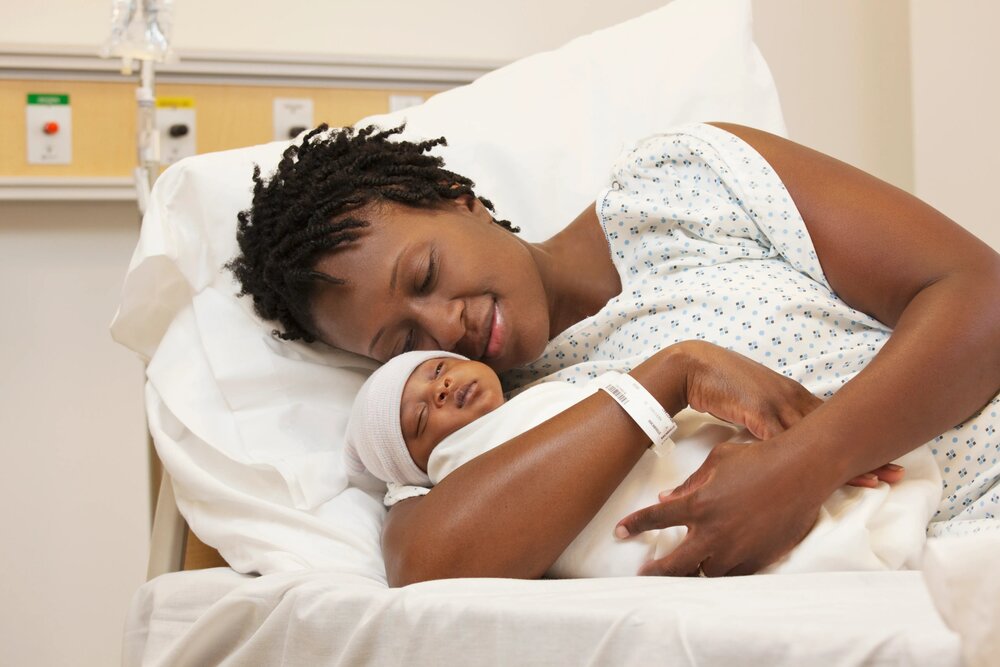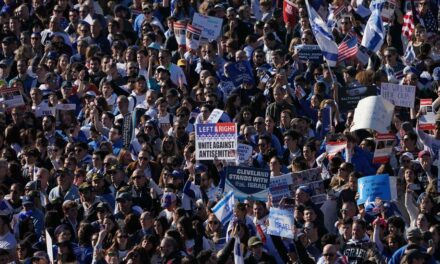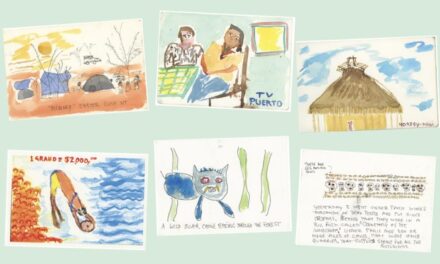IT’S TIME to bin the term ‘BAME’ (Black, Asian and Minority Ethnic), say three quarters of Black Brits.
Our new Black British Voices survey, which has a sample of over 11,000, gave an overwhelming thumbs-down to the umbrella term embracing all people of colour.
The survey found that older African and Carribean respondents were less bothered by the terminology, but there was an overwhelming rejection of ‘BAME’ from younger generations.
The term has been heavily criticised in recent years over criticism that it disguises levels of racial disparities impacting the Black community specifically, and ignores the dynamics of anti-Black racism.
Maternal deaths of mothers in and around childbirth is one of many areas where Black women are impacted far more than other minority ethnic women.

While 21 percent of respondents recognise BAME’s importance in data collection, the term is nonetheless viewed as outdated.
74 percent think that BAME is reductive and homogenizing and unhelpful.
Many see the definition as a symbolic band aid, reflecting decades of failure in tackling systemic racism.
Others agree but recognise BAME, in the past at least, speaks to common experiences of racism among non-white people regardless of their differences; racial discrimination.
Read the full report here
Read our special edition free for a limited period here
BAME originated from the term BME and the concept of political Blackness emerging in the 1970s. These periods saw both solidarity between Black and Asian communities as well as fractures and tensions.
Professor and author Kehinde Andrews argues that the BAME label paints a misleading picture, suggesting less overall racism in society, when in reality the lived experiences of certain groups tells a different story.
“It’s a top down approach which is particularly anti-black, but also bad generally” he told The Voice.
“When we first came to Britain there were some shared experiences. But they pretty much dissipate after the second generation.

“There are hierarchies of racism, and there are different ways we get treated racially. For example, there are certain stereotypes about black people and certain stereotypes about Asian people that we have to deal with.”
Rather than accepting a one size fits all category Andrews, advocates acknowledging our differences while campaigning and unifying together on the common causes that matter.
“Political Blackness and BAME is the idea that all non-white people experience racism in the same way which is not true and has never been true.
“It completely and utterly obscures the problem and the solutions. The best solidarity is around the issues.
“The idea that we are all the same is nonsense. The stats tell you it’s a much more complicated picture than Black and non-white.”
Anti-racist activist Saqib Deshmukh, who is of Pakistani origin, grew up in South London in the 1980s. He says BAME was created by white people and needs to go.
“BAME and BME never came from our communities” he told The Voice.
“It didn’t come from grassroots organising movements of the 70s and 80s. It’s the language of race equality not the language of anti-oppressive practice, anti-racism or pro-black struggles.
“We’re forced to use it because that’s the language of the system.”
According to Deshmukh BAME is generalised and ignorant of the complexities and cultural nuances in Black and Asian communities.
“I argue for specificity”, Deshmukh said. “There are massive differences between rich middle class Indians, for example, and Pakistani and Bangladeshi communities. There are differences between African and African Caribbean communities. And many people are mixed and fall within the cracks.”
Dianne Greyson, an ethnicity pay gap campaigner is all too aware of the critical need for gathering hard data exposing racial disparities.
Her work has shed light on the unfair disproportionate gaps in rates of pay between black and white communities.
But Greyson also believes that specificity is now needed to gain a more holistic understanding of non-white communities. There’s no reason that disaggregated data can’t be collected.
She argued for a deeper dive and more sophisticated analysis regardless of whether the BAME term goes.
“Each group should have its own discussion because if you continue to put all the groups together you’re just skewing the figures. The word BAME is hiding a lot of things and we need to be absolutely clear about that.”



